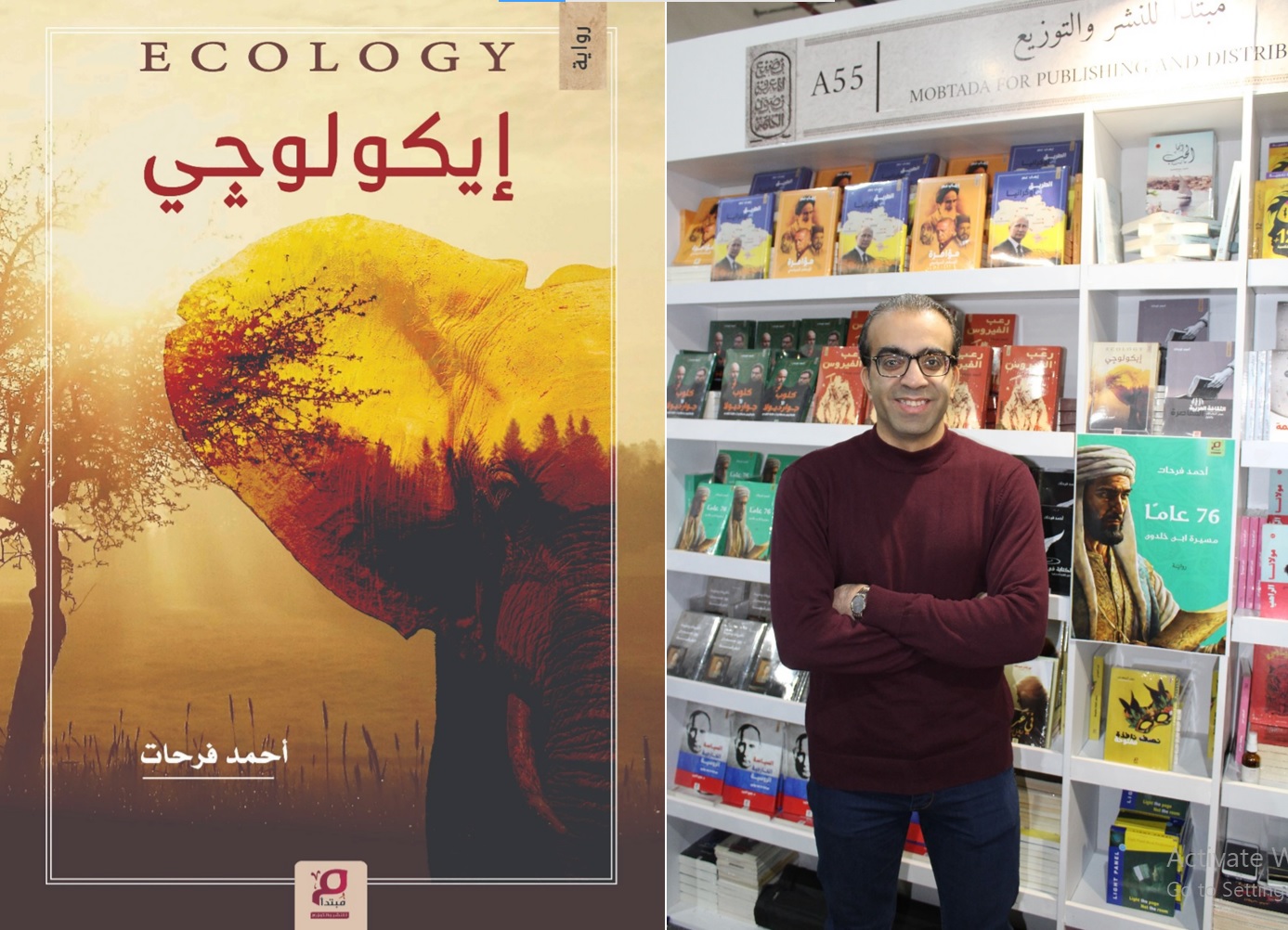
I was at Dar Mobtada Bookstore in the Egyptian capital, Cairo, on an afternoon in February, saying high to an intellectual friend. I coincidentally bumped into Ahmed Farahat, a young, aspiring author who had just launched his novel, ‘Terror of the Virus’, a post-apocalyptic story about an outbreak of a virus.
By Emad Aysha
Not so long ago, at the Cairo International Book Fair, I came across another of his novels, ‘Ecology’, which is set apparently in the aftermath of an outbreak. Both books were too expensive, so I talked to him instead!
Where, when, and why did you start writing, and for how long? What have you written so far?
“My name is Ahmed Farahat, and I am an author born in Cairo in 1983. I attained my BA in Business at Ain Shams University in 2009. I began writing in 2017 with The History of Human Thought, and from that point onwards, I’ve completed seven books and five novels.
I started writing because I felt there were ideas inside me that I wanted to share with the world. I saw the book as a magical realm I wanted to enter, and once I made it in that first, I was bewitched, and I have stayed there.”
Do you classify yourself as a science fiction or horror author? And which is more popular with Egyptian readers?
“I’m known as a comprehensive author as I’ve written in history, philosophy, sciences, science fiction, and satire. Therefore, I’m not classifiable as horror or SF alone.”
Tell us something about Ecology.
“I’ve been very concerned about the environment since I was a kid, and once I got into novel writing, the idea gradually fermented in my mind. I decided to present the idea through science fiction to highlight the negative and tremendous impact that man can have on nature.
In the story, the world wakes up to a bizarre phenomenon: the mysterious disappearance of animals and insects in so many countries… Scientists like this form a conference to research this before the natural balance collapses and all life on earth extinction.”
There are an awful lot of post-apocalypse and dystopia novels out there in Egypt. Why do you think?
“The tumultuous reality always instigated the writer's imagination toward dark thoughts that could result in these terrible circumstances, and so novels are a direct byproduct of such conditions.”
What is unique and distinct about Egyptian novels in these fields?
“From observing what has been written here, I think the Egyptian novel is drowning in the locality; it constantly depicts future circumstances in an exclusively Egyptian format.
In my novel Terror of the Virus, a virologist is exposed to a viral outbreak in a laboratory that quickly spreads to the rest of the city and the world. Afterward, it emerged that the pandemic was deliberate. Meanwhile, the virologist, an epidemiologist, and an ethical hacker have to work together to expose this conspiracy and find the culprit responsible for the death of millions.”
Tell us something about your non-fiction books, like your book on Ibn Khaldun or the current state of ‘culture’ in the Arab world.
“My books on Al-Khawarizmi and Ibn Rushd are historical texts about these two distinguished figures, part of a human heritage series published by the Library of Alexandria.
The book on contemporary Arabic culture is a critical text exploring the causes of culture's decline in Egypt. The book on the future of culture covers proposals for solutions to the problems listed in the previous book.
The book on human thought pursues the history of philosophy, science, and literature from the beginning of civilization to the end of the Enlightenment.
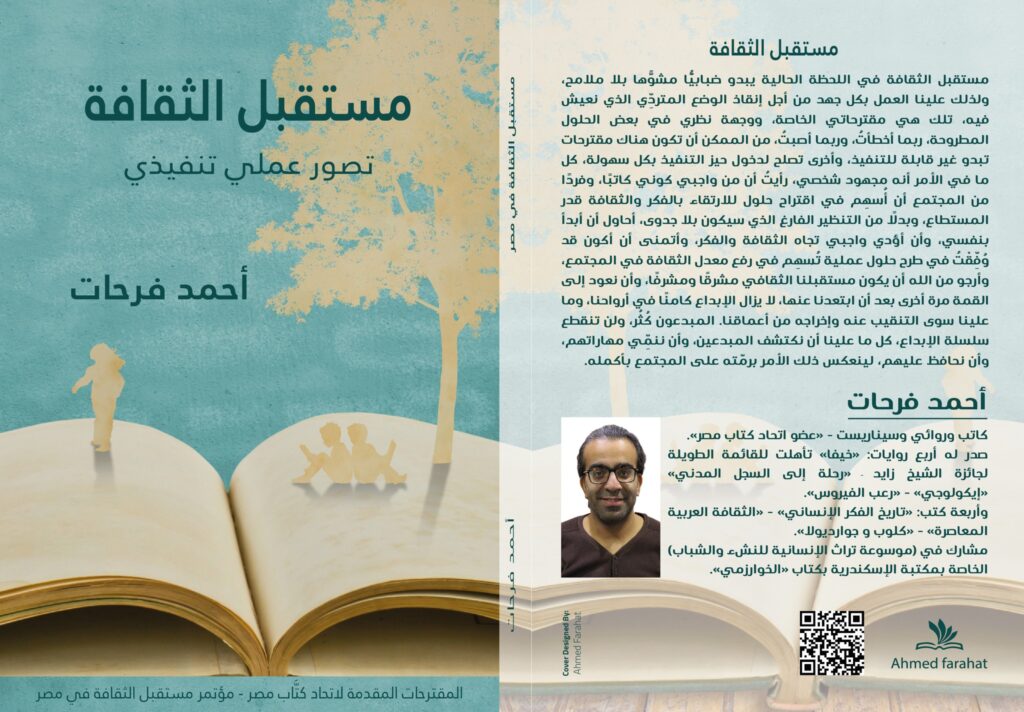
INTELLECTUAL PULSE: The life of the mind in this country is turning more surreal by the minute, so here is a welcome rejoinder.
Writing in the Dark is a book about how to ferment ideas in the author's mind and transform it into a book or novel.
The book on the history of football and stories about it, which is about political and economic controversies in football, played a significant role. The book's last section covers football's progress from its first invention to today.”
What about your civic register novel (رحلة إلى السجل المدني)? Is this satire, surrealism, or both?
Oh yes, this novel is in the satire genre, perhaps lampooning the hardships that people suffer in government agencies. It can be said that it is satirical and surrealist at the same time.
Can science fiction in Egypt be satirical, or does it have to be ‘serious’? Why do Egyptians love dark comedy, and can satire help Egyptian science fiction?
“Egyptians naturally love satire; it’s always been in their blood. Over the ages, they've inherited the ability to vent their frustrations or complain about their lousy circumstances.
As for science fiction, I see no objection to tackling a topic through comedy, on the one hand, and seriousness, on the other. Both approaches ultimately lead to putting a spotlight on a problem with the intention of warning about it or proposing a solution.”


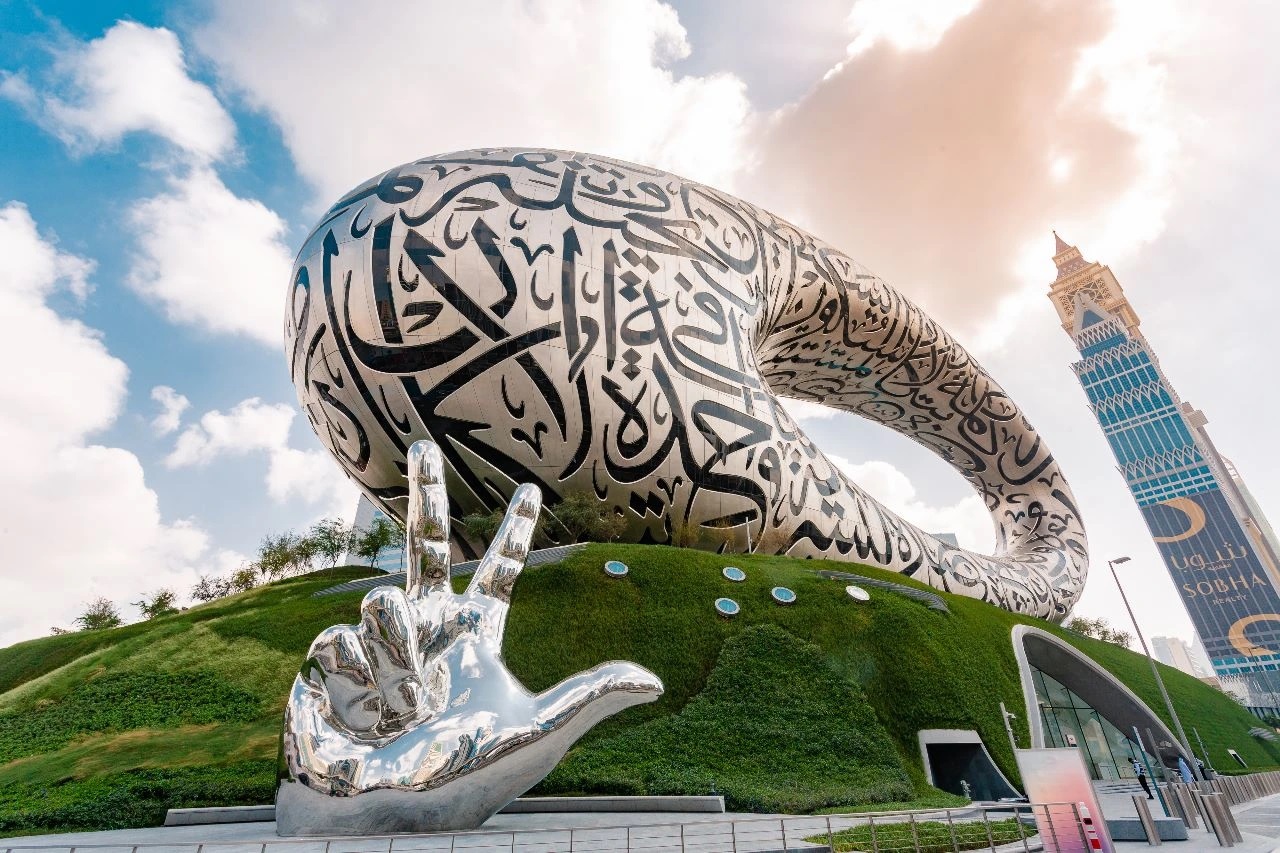
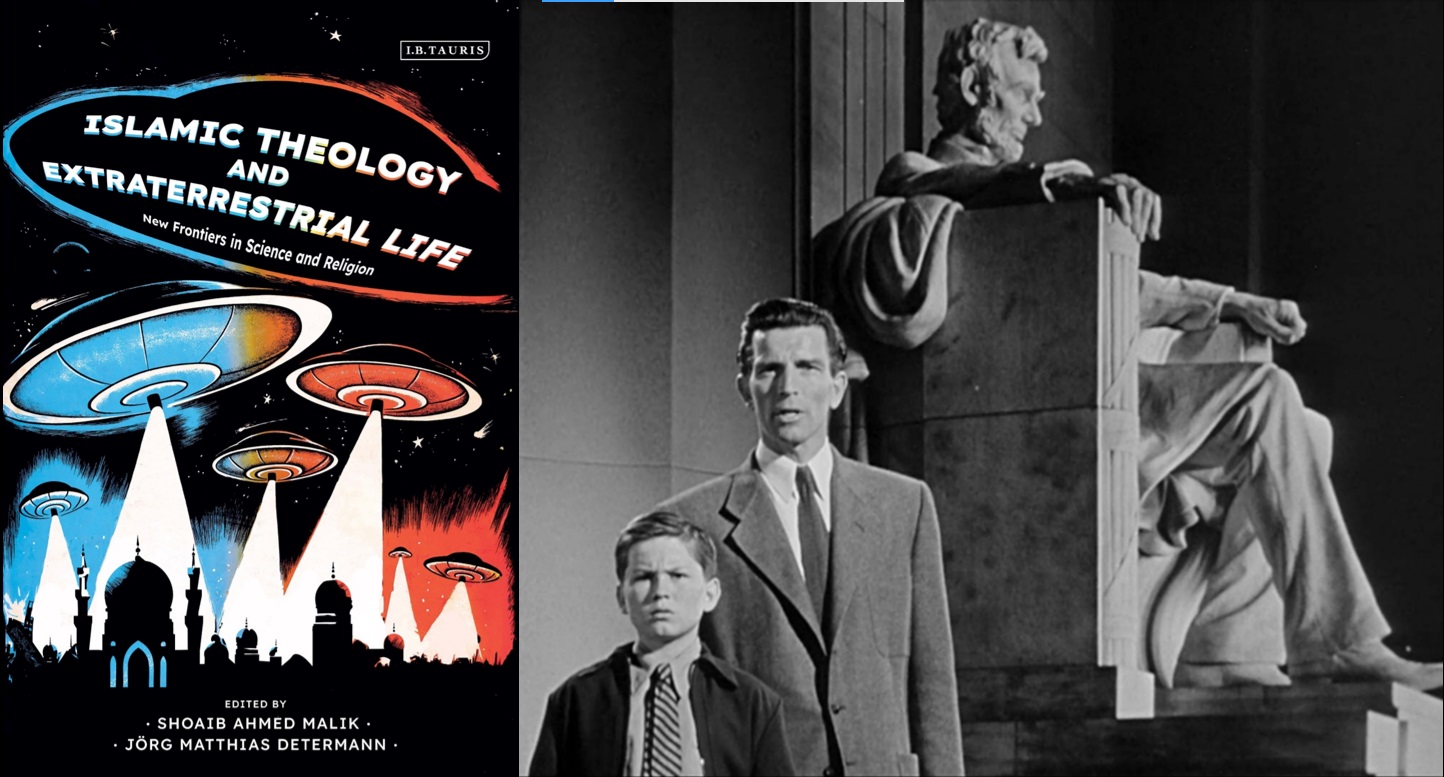


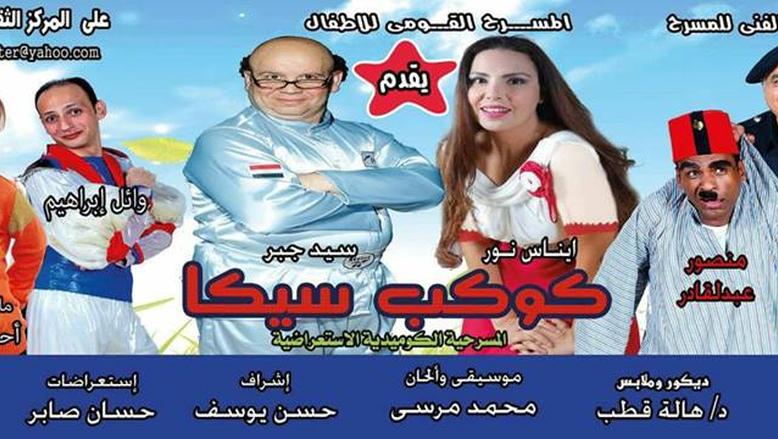
Just wish to say your article is as surprising The clearness in your post is just cool and i could assume youre an expert on this subject Fine with your permission allow me to grab your RSS feed to keep updated with forthcoming post Thanks a million and please keep up the enjoyable work
I read this piece of writing completely concerning the resemblance of most recent and preceding technologies,
it's awesome article.